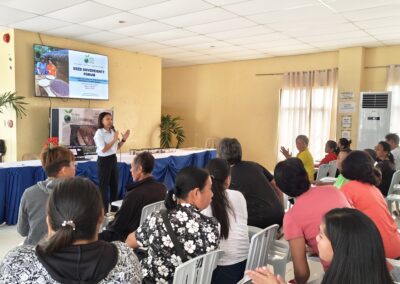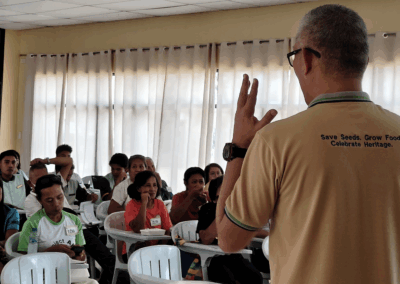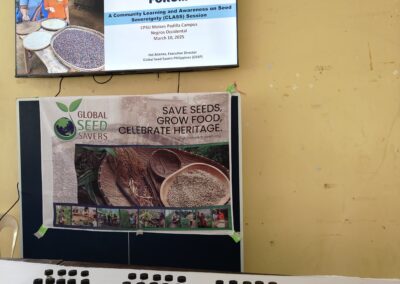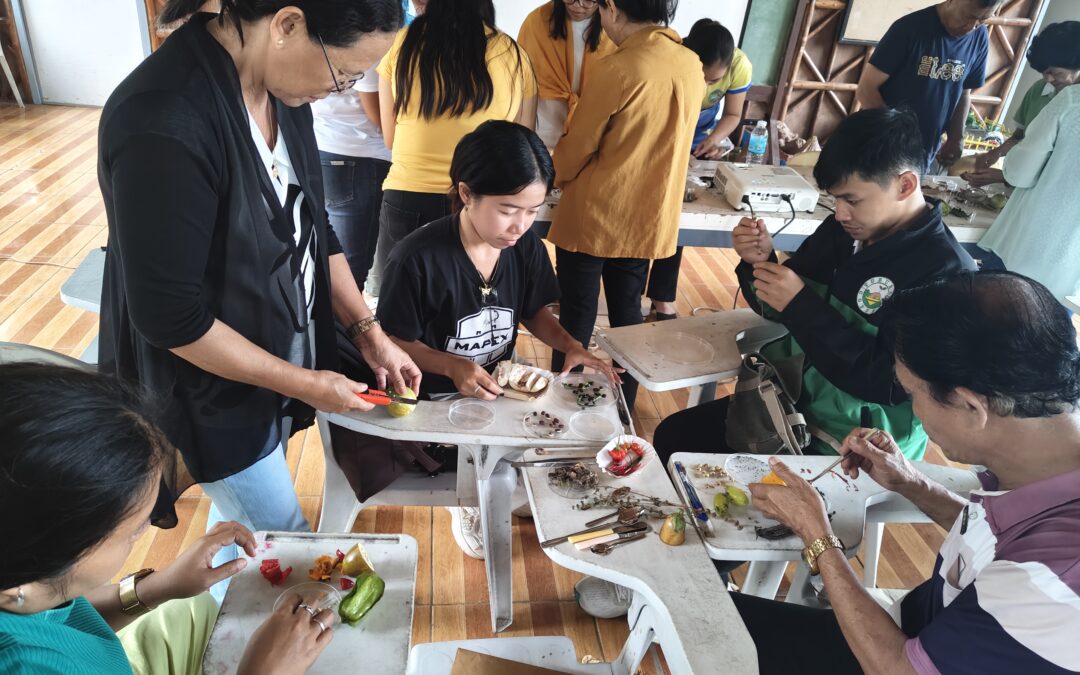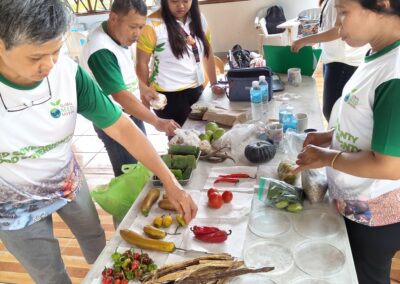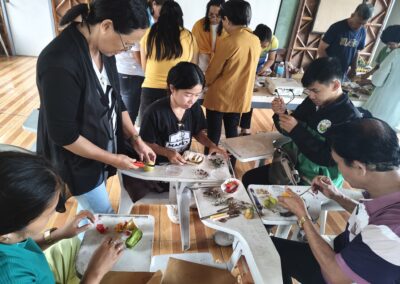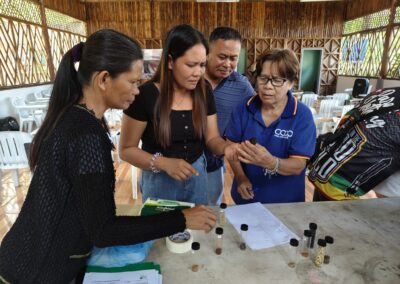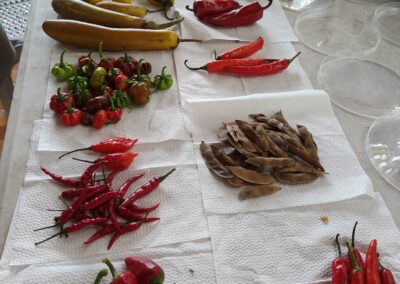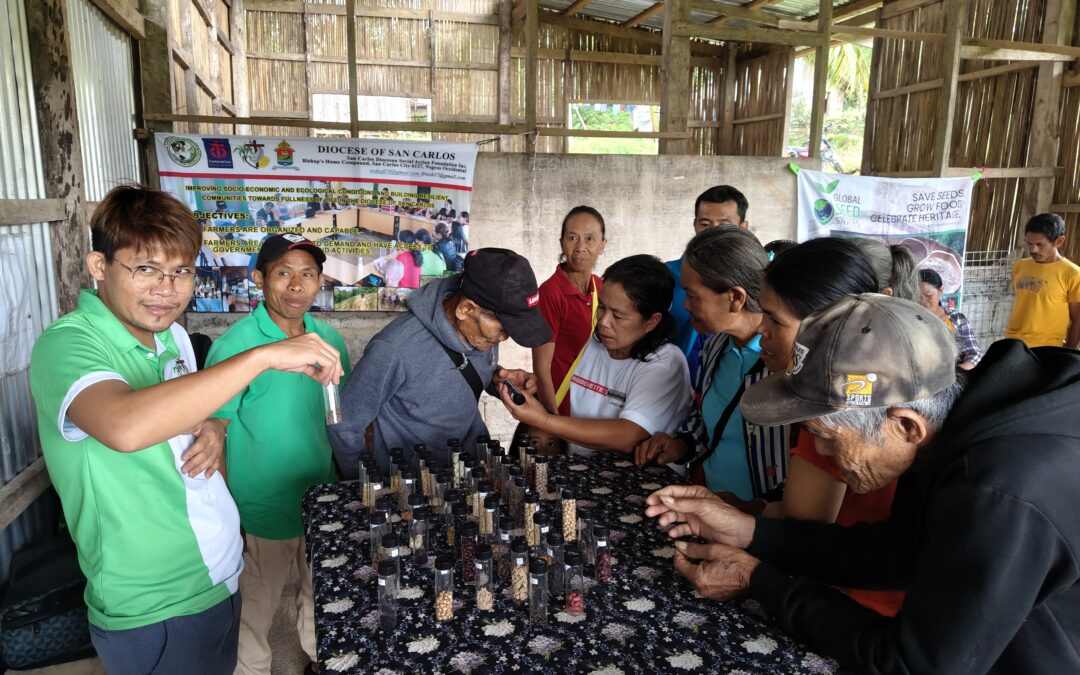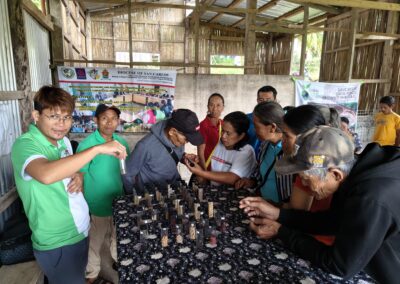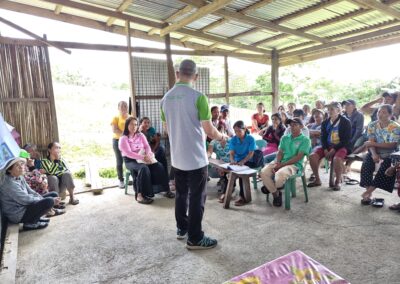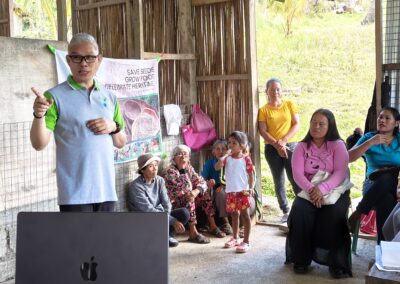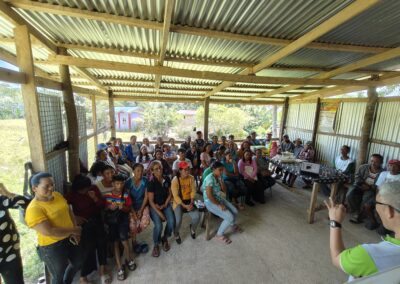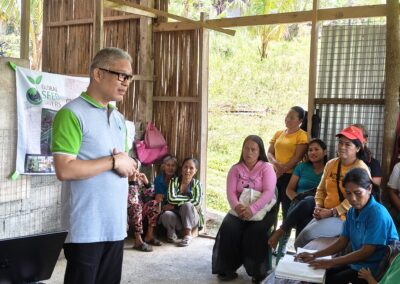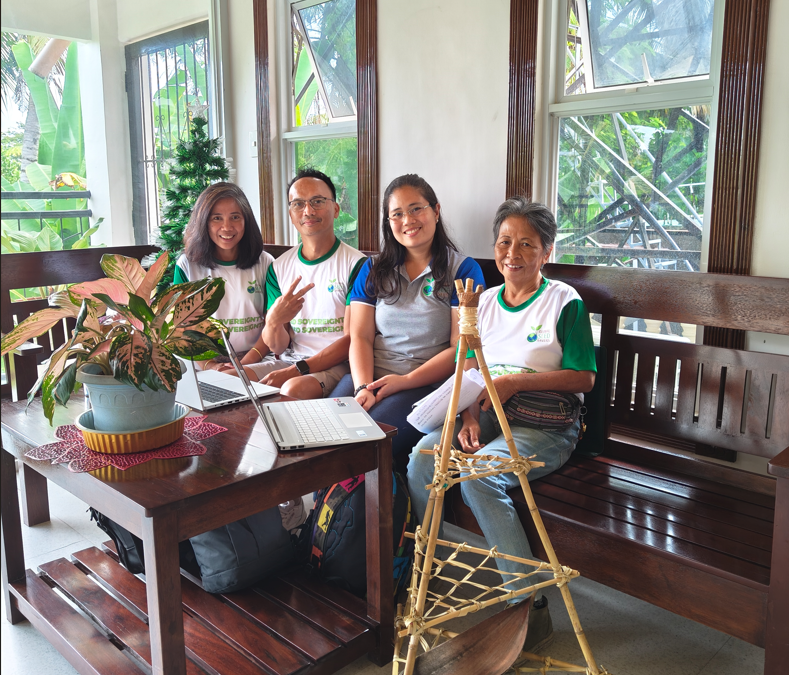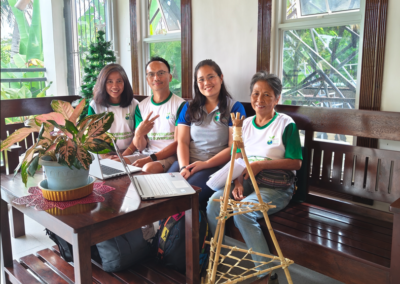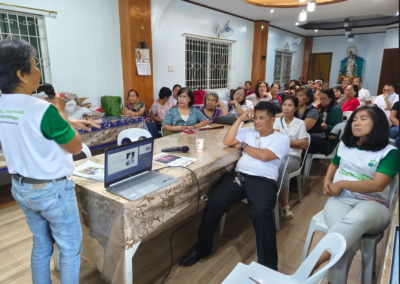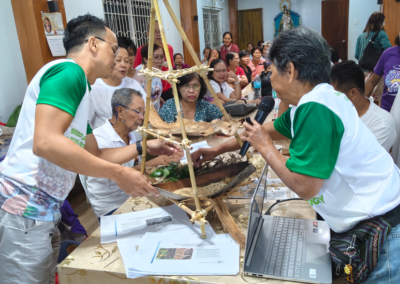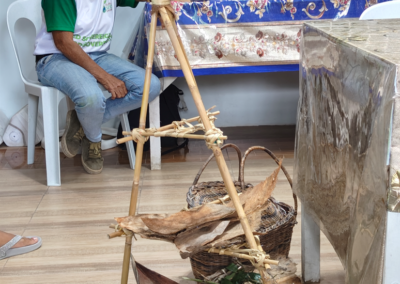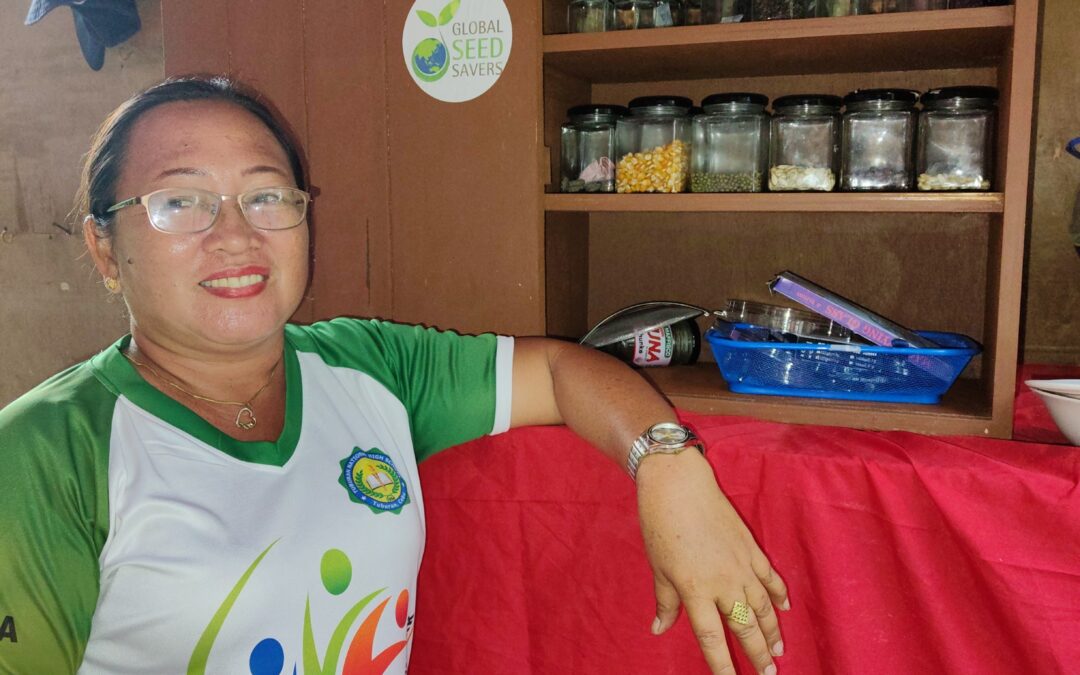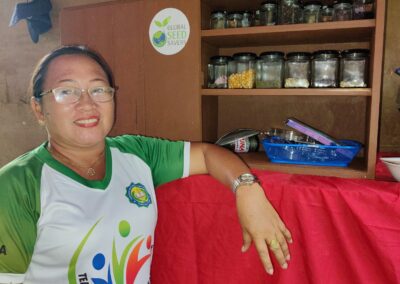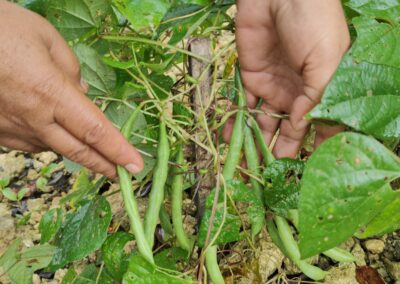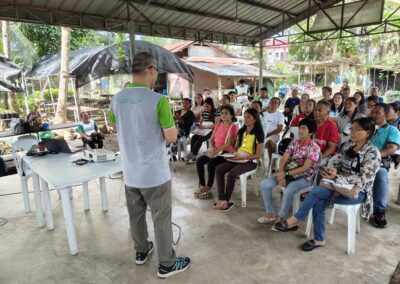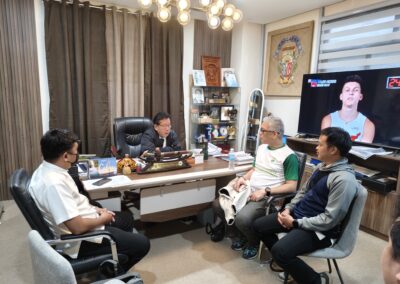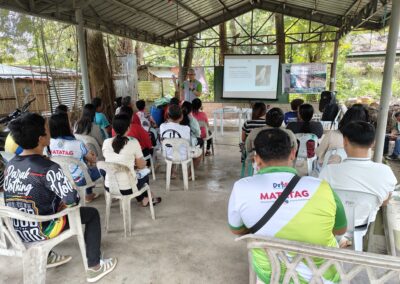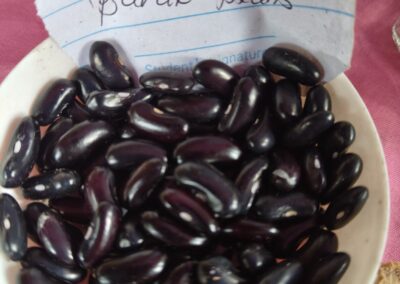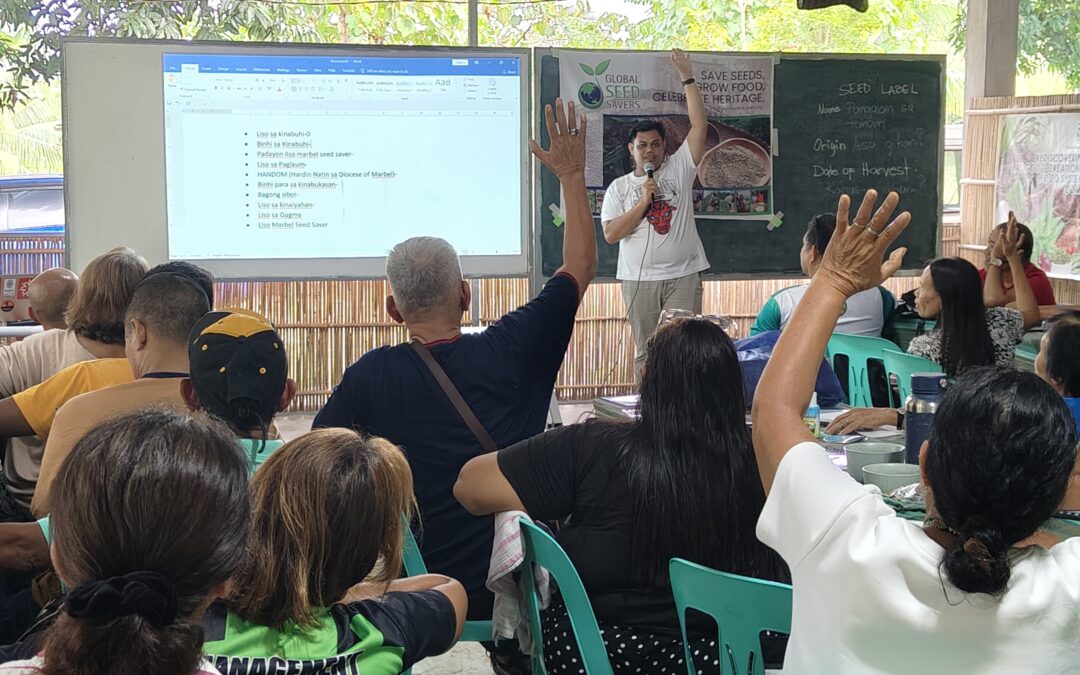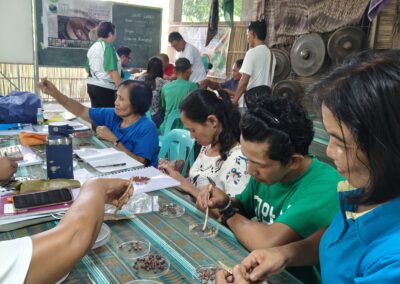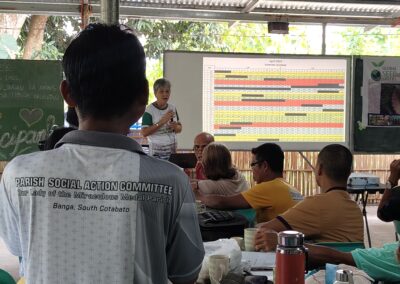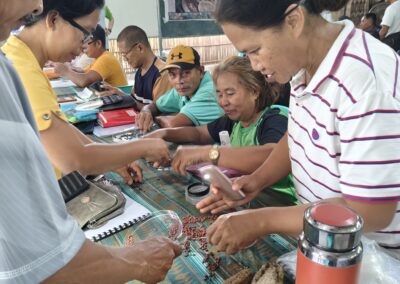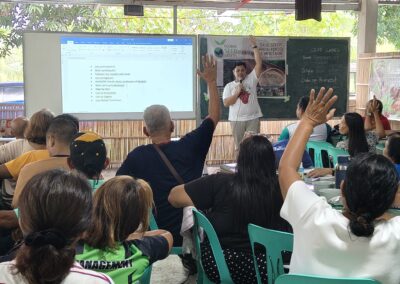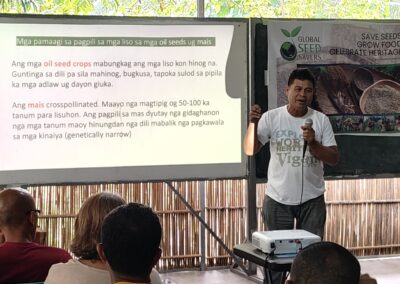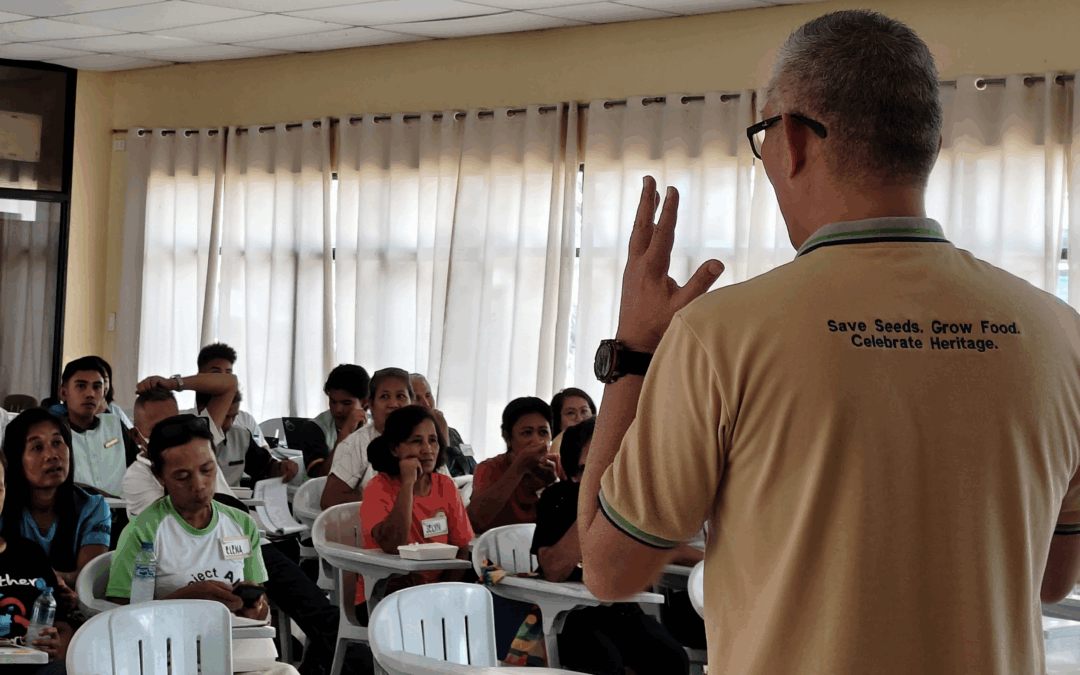
Farmers Take Root with Seed Sovereignty in Moises Padilla
In the heart of Negros Occidental, Global Seed Savers held a transformative Seed Sovereignty Forum (SSF) at CPSU – Moises Padilla Campus. In collaboration with World Vision and the Municipal Agriculture Office (MAO), the forum brought together local farmers and agriculture staff to lay the groundwork for future seed saving efforts and deepen understanding of why organic seeds matter.
Farmers openly shared their eagerness to join the upcoming Seed School trainings, motivated by the dream of growing their own organic seeds and tasting the rich diversity of vegetables that native seeds can offer. One participant shared their excitement: “We’re happy to receive the seeds, and we really hope they thrive here.”
What stood out most was the inspiration drawn from senior citizens who are still active seed savers—living examples that it’s never too late to protect, plant, and pass down traditional agricultural knowledge.
The timing of this forum couldn’t have been better. Many participants have long depended on mono-cropping systems and contract farming, relying heavily on commercial fertilizers and hybrid seeds. While some farmers expressed uncertainty about whether organic farming could provide sustainable income, others revealed that they’ve quietly kept nature-based practices alive for personal consumption. These stories reveal the possibilities already beneath the surface and possibilities that just need nurturing.
This forum also led to a milestone: the signing of a tripartite MOU between GSS, MAO, and World Vision. Together, the organizations are committed to co-hosting Seed Schools 1 and 2, with the first training already scheduled for June 19–20, 2025.
As one World Vision staff member noted, “It’s so hard to find a sustainable source of organic seeds.” This is where our work at GSS and the collective power of community comes in. By expanding our networks and strengthening partnerships, we’re reaching farmers and advocates we didn’t even know needed this. The seed sovereignty movement is growing and Moises Padilla is ready to rise with it.
